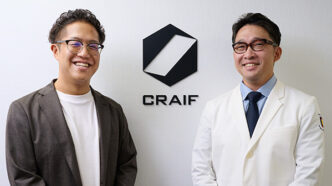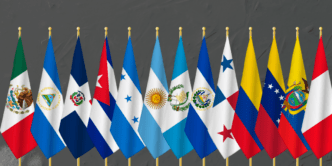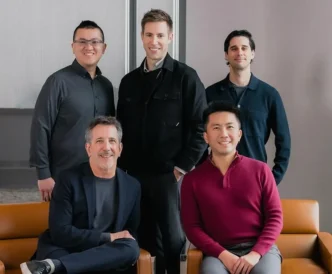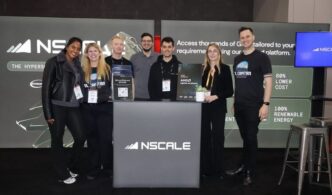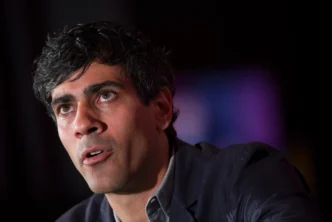Cancer remains one of the leading causes of death globally. In 2022, the National Cancer Institute reported nearly 20 million new cancer cases and 9.7 million deaths. Projections show that by 2040, new cancer cases could rise to 29.9 million worldwide. Japanese startup Craif, spun off from Nagoya University in 2018, is working to change those numbers. The company uses microRNA (miRNA) combined with artificial intelligence to develop a powerful early cancer detection platform. Recently, Craif raised $22 million in a Series C funding round to boost its research efforts and expand into the U.S. market.
Craif’s co-founder and CEO, Ryuichi Onose, said that the round brought the company’s valuation to just under $100 million. X&KSK, an existing backer, led the funding, joined by U.S.-based Unreasonable Group, TAUNS Laboratories, Daiwa House Industry, and Aozora Bank Group. Craif has now raised a total of $57 million.
The company’s mission is deeply personal for Onose. After watching both his grandparents battle cancer, he committed to finding a better way to detect the disease early. He and Takao Yasui, an associate professor at Nagoya University, co-founded Craif just a month after meeting. Yasui had invented a method for early cancer detection using urinary biomarkers, setting the foundation for their startup.
Early detection remains a challenge. Blood tests are invasive, causing many to skip regular screenings. Access to medical facilities can also be limited in some regions, making it harder for people to get tested. Craif hopes to bridge these gaps with a urine-based test that allows for early cancer detection, even at Stage 1.
“Our test is non-invasive and can be done from the comfort of a patient’s home,” Onose explained. “By using advanced microRNA analysis, we make early detection easier, faster, and more accessible.”
Several companies, including Grail, Freenome, DELFI Diagnostics, and Clearnote Health, are developing early cancer detection tools. However, Craif stands out by using microRNA instead of cfDNA (cell-free DNA) and focusing on urine samples rather than blood.
“miRNA plays a critical role in cancer biology, even at very early stages,” Onose noted. “Unlike cfDNA, miRNA is actively secreted by early cancer cells, making it a highly effective biomarker for detection.”
The choice of urine samples offers additional advantages. Urine is easier to collect, non-invasive, and contains fewer impurities than blood, leading to clearer results and lower testing costs.
Craif’s flagship product, miSignal, detects the risk of seven types of cancers — pancreatic, colorectal, lung, stomach, esophagus, breast, and ovarian — using urinary miRNA. miSignal is already available in Japan through clinics, pharmacies, direct-to-consumer channels, and corporate wellness programs, providing a diverse revenue stream.
Today, Craif partners with over 1,000 medical institutions and about 600 pharmacies across Japan, serving more than 20,000 users. The company employs a team of 73 people. Revenue models include single tests and subscription packages for ongoing screenings, with subscriptions proving especially popular.
Craif generated $5 million in revenue in 2024 and aims to triple that to $15 million by the end of this year. The company also plans to expand miSignal’s capabilities to detect more than ten types of cancers soon. In addition, Craif is exploring new uses of its technology for early detection of non-cancer diseases, including neurodegenerative conditions like dementia.
The startup already operates an R&D lab in Irvine, California, and plans to open a new office in San Diego to support its U.S. business operations.
The fresh funding will accelerate Craif’s push into the American market. The company aims to complete U.S. trials of miSignal by the end of 2026 and seeks FDA approval by 2027.
Craif has already started collecting pancreatic cancer samples in collaboration with 30 medical institutions across 15 states. These efforts will pave the way for bringing its non-invasive, AI-powered cancer detection tests to millions more people.
